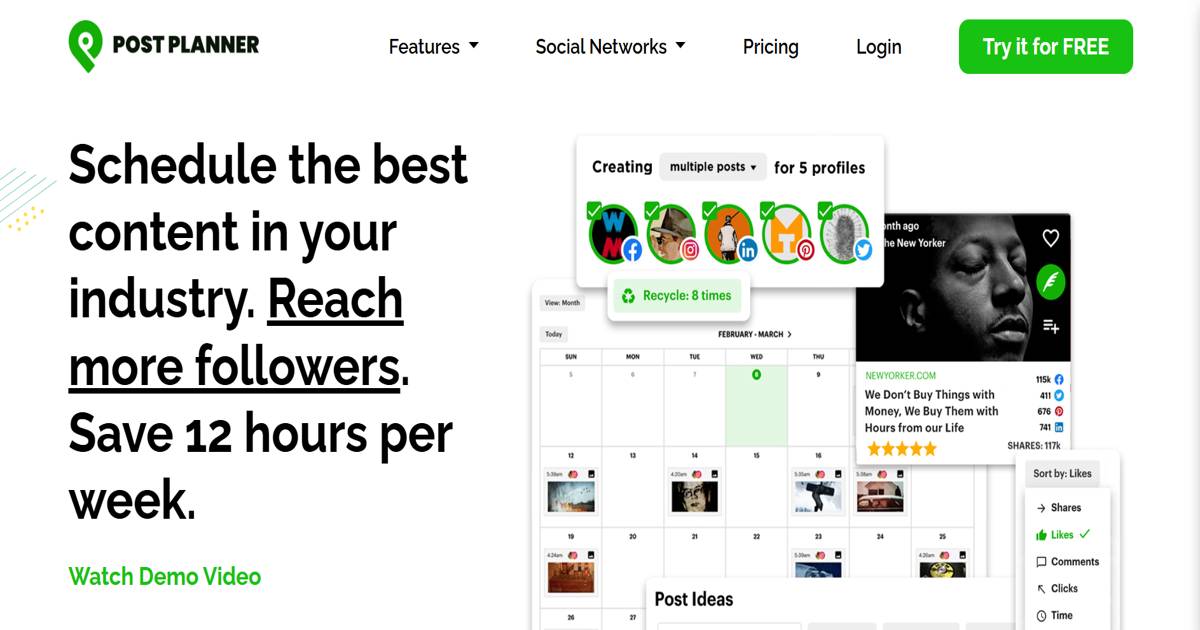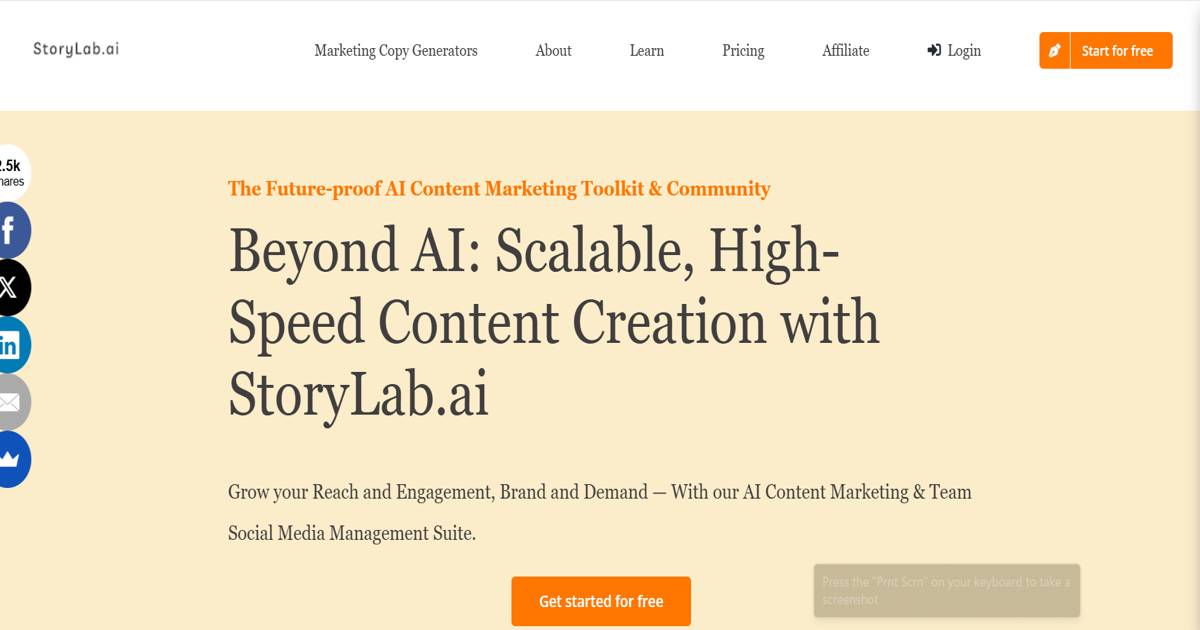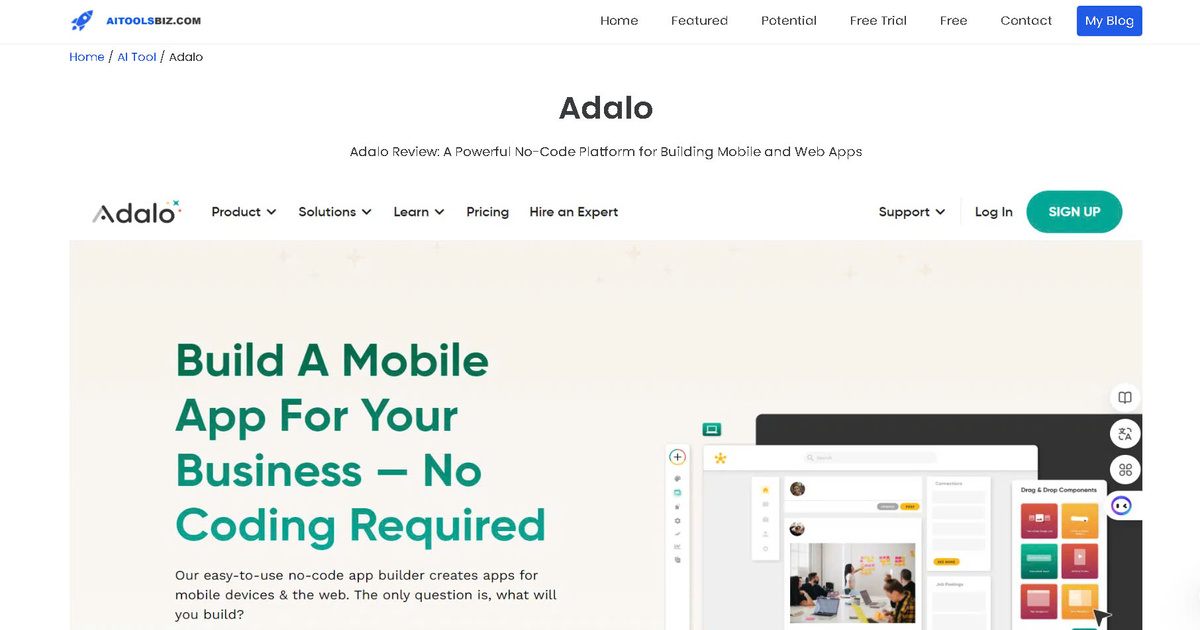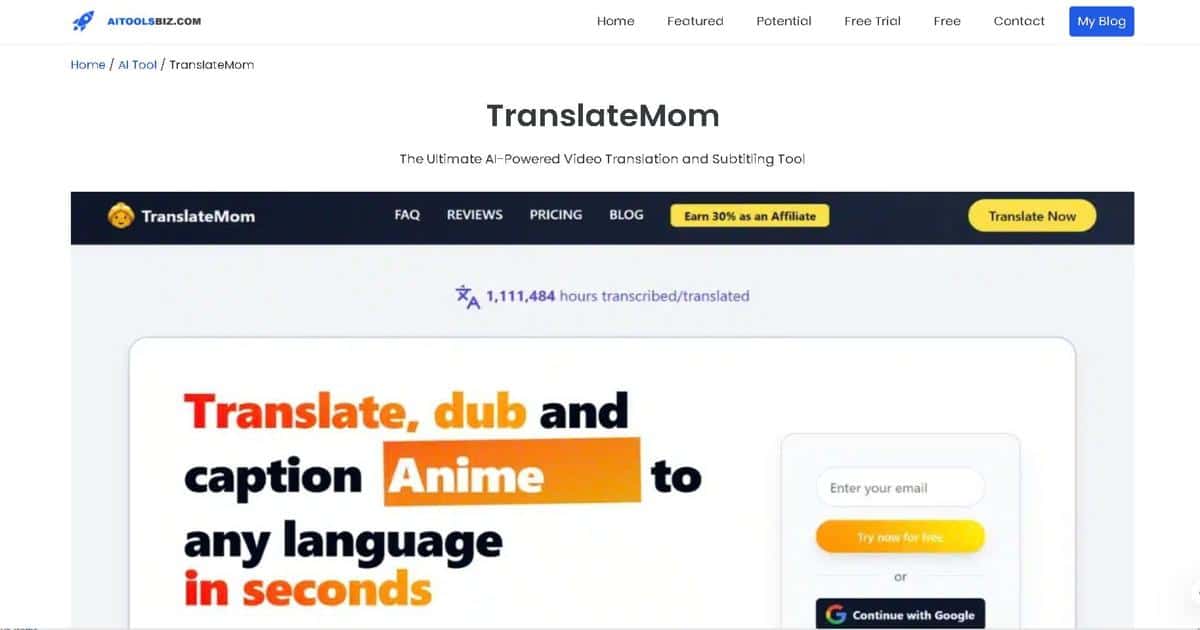Content marketing has become a cornerstone of successful online business strategies. This article explores its significance, benefits, and implementation techniques for digital entrepreneurs and marketers.

Content Marketing
Discover how content marketing can elevate your brand, engage customers, and drive growth. We’ll provide actionable insights and real-world examples to help you harness the power of content in your online business endeavors.
Introduction
In today’s digital landscape, content marketing has emerged as a crucial component for online business success. As the internet continues to evolve, so does the way companies interact with their audience and promote their products or services.
Definition of Content Marketing
Content marketing is a strategic approach focused on creating and distributing valuable, relevant, and consistent content to attract and retain a clearly defined audience. Its ultimate goal is to drive profitable customer action.
This approach goes beyond traditional advertising by providing information that solves problems, answers questions, or entertains the target audience. It’s about building relationships and trust with potential customers through high-quality content.
Overview of Online Business Landscape
The online business landscape is constantly changing, with new technologies and platforms emerging regularly. In this competitive environment, businesses need to find innovative ways to stand out and connect with their audience.
Content marketing offers a solution by allowing companies to showcase their expertise, build brand awareness, and engage with customers on a deeper level. It’s not just about selling products; it’s about creating a narrative that resonates with your audience and positions your brand as a trusted authority in your industry.
Case Study: Successful Implementation of Content Marketing
To illustrate the power of content marketing, let’s examine a real-world example of a company that successfully leveraged this strategy to overcome challenges and achieve remarkable growth.
Company Background
Consider the case of XYZ Tech Solutions, a startup offering cloud-based project management software. Despite having a innovative product, they struggled to gain traction in a crowded market dominated by established players.
Challenges Faced by the Company
XYZ Tech Solutions faced several obstacles:
- Low brand awareness
- Limited marketing budget
- Difficulty differentiating from competitors
- Lack of customer trust in a new product
These challenges are common for many online businesses, especially startups and small enterprises trying to carve out their niche.
Content Marketing Strategy Adopted
To address these issues, XYZ Tech Solutions implemented a comprehensive content marketing strategy:
- Blog Creation: They launched a blog focusing on project management tips, productivity hacks, and industry trends.
- Video Tutorials: The company produced a series of video tutorials demonstrating their software’s features and benefits.
- Infographics: They created shareable infographics highlighting project management statistics and best practices.
- Webinars: Regular webinars were hosted, featuring industry experts and discussing relevant topics.
- eBook: They published a comprehensive eBook on “The Future of Project Management in the Digital Age.”
This multi-faceted approach allowed XYZ Tech Solutions to showcase their expertise, provide value to their target audience, and gradually build trust and credibility in the market.
Key Benefits of Content Marketing
The success of XYZ Tech Solutions’ content marketing strategy highlights several key benefits that online businesses can expect from this approach.
Enhanced Brand Awareness
Content marketing significantly boosts brand visibility. By consistently producing valuable content, businesses can increase their online presence and reach a wider audience. This increased exposure helps in building brand recognition and recall.
For example, XYZ Tech Solutions’ blog posts and infographics were widely shared on social media, exposing their brand to potential customers who might not have discovered them through traditional advertising channels.
Improved Customer Engagement
Content marketing fosters deeper connections with customers. By providing informative and entertaining content, businesses can engage their audience in meaningful ways, encouraging interaction and feedback.
XYZ Tech Solutions’ webinars and video tutorials not only showcased their product but also allowed for direct engagement with potential customers, answering questions and addressing concerns in real-time.
Increased Lead Generation
One of the most significant benefits of content marketing is its ability to generate high-quality leads. By offering valuable content in exchange for contact information, businesses can build a database of interested prospects.
The eBook published by XYZ Tech Solutions, for instance, required users to provide their email addresses to download. This strategy helped the company build a substantial list of potential customers interested in project management solutions.
Measuring the Effectiveness of Content Marketing
To ensure the success of your content marketing efforts, it’s crucial to measure and analyze your performance regularly.
Key Performance Indicators (KPIs)
Some essential KPIs for content marketing include:
- Website Traffic: Monitor increases in overall traffic and traffic from specific content pieces.
- Engagement Metrics: Track metrics like time on page, bounce rate, and social shares.
- Lead Generation: Measure the number of leads generated through content offerings.
- Conversion Rate: Analyze how many leads convert into customers.
- SEO Rankings: Monitor improvements in search engine rankings for target keywords.
Tools for Measurement and Analytics
Several tools can help you track and analyze your content marketing performance:
- Google Analytics: For comprehensive website traffic and user behavior data.
- SEMrush: To track SEO performance and competitor analysis.
- Hootsuite: For social media engagement metrics.
- HubSpot: For comprehensive inbound marketing and lead tracking.
- Ahrefs: For backlink analysis and content performance tracking.
Regularly reviewing these metrics will help you refine your content strategy and maximize its effectiveness.
Common Mistakes to Avoid in Content Marketing
While content marketing can be highly effective, there are some common pitfalls that businesses should avoid.
Neglecting Audience Research
One of the biggest mistakes is creating content without a deep understanding of your target audience. It’s crucial to research your audience’s needs, preferences, and pain points to create content that truly resonates with them.
For instance, if XYZ Tech Solutions had focused solely on technical aspects of their software without addressing the broader project management challenges their audience faced, their content might have fallen flat.
Inconsistent Publishing Schedule
Another common error is failing to maintain a consistent content publishing schedule. Irregular posting can lead to a loss of audience engagement and reduced SEO benefits.
To avoid this, create a content calendar and stick to it. This approach helps build audience anticipation and demonstrates your commitment to providing value consistently.
Conclusion
Recap of the Importance of Content Marketing
Content marketing has become an indispensable tool for online businesses. It offers numerous benefits, including enhanced brand awareness, improved customer engagement, and increased lead generation. By providing valuable, relevant content, businesses can build trust with their audience and position themselves as industry leaders.
Call to Action for Business Owners
If you haven’t already, it’s time to embrace content marketing as a core part of your online business strategy. Start by identifying your target audience, developing a content plan, and consistently delivering high-quality, valuable content.
Remember, successful content marketing is an ongoing process that requires dedication and continuous refinement. But with patience and persistence, it can significantly boost your online business success.
For more insights on leveraging AI tools for content marketing and other digital strategies, visit AItoolsbiz. Our team of experts can guide you in implementing effective content marketing strategies tailored to your business needs.
Stay updated with the latest trends in AI and digital marketing by following us on YouTube, Twitter, and LinkedIn.
What are the key elements of a successful content marketing strategy?
A successful content marketing strategy includes audience research, consistent high-quality content creation, multi-channel distribution, engagement with the audience, and regular performance analysis. It’s crucial to align your content with your business goals and audience needs while maintaining a consistent brand voice across all platforms.
How long does it take to see results from content marketing?
The timeline for seeing results from content marketing can vary, but typically, businesses start noticing improvements in traffic and engagement within 3-6 months. However, significant lead generation and conversion rate improvements may take 6-12 months or more. Consistency and patience are key, as content marketing is a long-term strategy that builds cumulative benefits over time.
Can small businesses benefit from content marketing?
Absolutely. Content marketing can be particularly beneficial for small businesses as it’s often more cost-effective than traditional advertising. It allows small businesses to compete with larger companies by showcasing their expertise and building trust with their audience. By focusing on niche topics and local content, small businesses can create highly targeted and effective content marketing campaigns.







